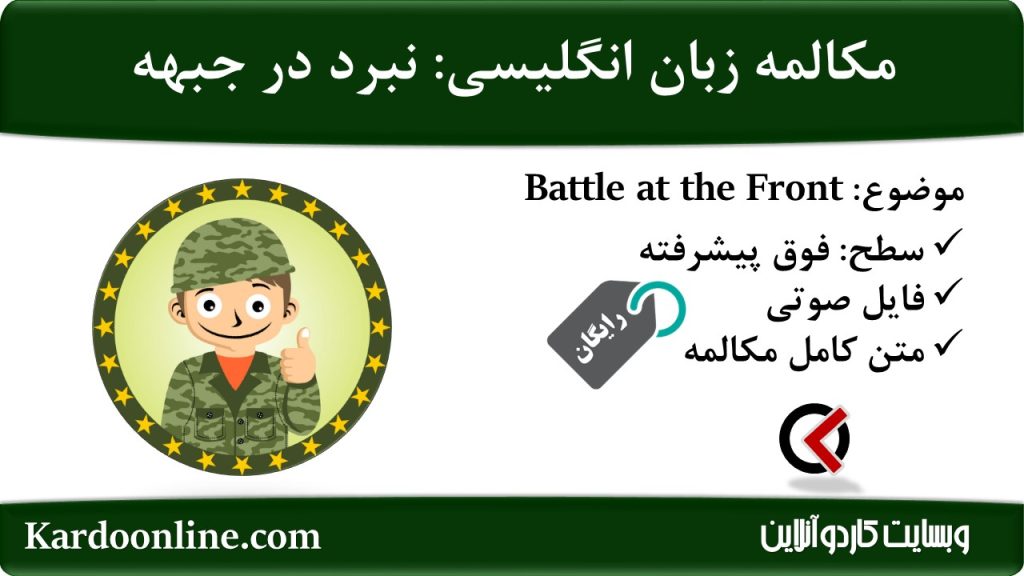Newscaster: We interrupt our regular scheduled news program to bring you live up-to-date coverage on the civil unrest in the newly formed country of Karnak, where our man Stan Fielding is stationed. Stan . . .
Stan: This is Stan Fielding reporting live from the outskirts of the capitol city. Just 20 minutes ago, rebel forces launched the biggest offensive against the ruling government in the 18-month conflict here in this country.
Newscaster: Now Stan, is this a sign that the peace process has been totally abandoned?
Stan: Well, so far, peace negotiations have failed, and any resolution to quell the civil war appears bleak at this point. As you can see . . . Whoa.
Newscaster: Stan, Stan, are you there?
Stan: Uh, yes, Bob. As you can probably hear behind me, rebel forces are also using heavy artillery to pound government strongholds around the city center. Rebel forces are closing in, and it’s feared that they will be able to take the capital building before sunup where it is believed, many government officials are holding out.
Newscaster: Now, besides the heavy fighting, what other pressing concerns are there for the citizens of the city?
Stan: Well, since the beginning of the conflict, starvation, clean water, and adequate shelter have been the biggest daily obstacles facing the citizens of this torn country. It is believed that over 40,000 people, mostly children, have starved to death. Land mines have claimed countless other lives. Fortunately, no epidemics have broken out, but that is always a concern if this war lingers on.
Newscaster: Okay, that was Stan Fielding reporting. And we will keep you up-to-date as this story continues to unfold.



